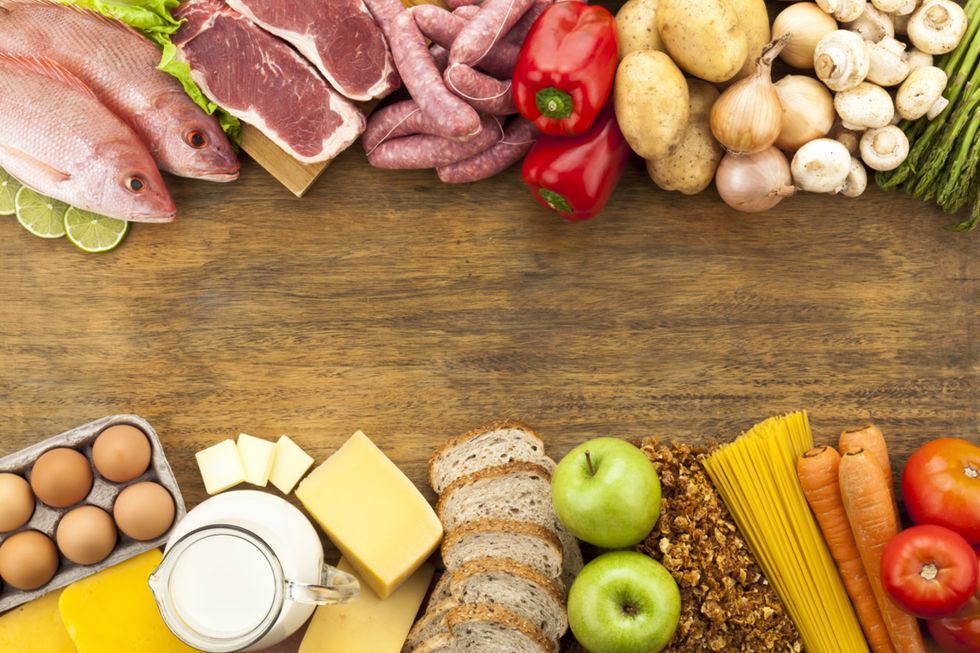This article is all about something that is very near and dear to my heart: food. We all need it, some of us love it, and for some reason, our options are very limited by the hard-to-grasp concept of time. No, I’m not talking about the time it takes for us to go from not hungry to hungry, or vice versa, but rather the fact that many options are not available during all hours of the day.
Let’s say it’s 7:00 in the morning, I just woke up, and I'm getting ready for my day. What is the expected meal? Eggs, cereal, fruit, some meat (like bacon), and maybe a glass of milk. But what if I wake up and want to make fajitas or gnocchi or a cheeseburger? Why is this looked down upon? Why is it that my breakfast foods are limited, at least in society's eyes, to the things listed above?
Now, obviously I (kind of) understand the idea of eating something that isn’t too heavy or sugary, but I still want to have a choice about what I put in my body and when. I want to be able to go to a restaurant (that isn’t Denny’s) and order anything on the menu during any of their business hours. In the same vein, why do places stop serving breakfast after a certain hour of the day? This is the meal that is supposedly breaking the fast, correct? So what if it just so happens that this meal comes at noon for someone? Or 5 pm, or later? YOU DON’T KNOW MY LIFE.
In all of this timed food fiasco, I wonder, “Who the hell decided this was the way we do things, and why did we listen?” Obviously these are traditions that have been followed for years, and they may not change any time soon, but I wonder why they happened in the first place. According to Abigail Carroll (this article by Natasha Geiling discusses her new book on eating trends throughout American history), the introduction of certain foods, namely cereals and eggs, happened during the time of the industrial revolution, when people looked for healthier food options to complement their increasingly sedentary lifestyle. This makes sense but to me, the real kicker in this is the people who advocated for this change; Sylvester Graham, John Harvey Kellogg, and Charles C. Post. Who are these men? Oh, you know, just some of the BIGGEST and most profitable cereal (and sweet cracker) companies in America. It’s no surprise that the lives of Americans are being dictated by big companies, but limiting our options of food? That’s just salt in the wounds.
And then we get to dinner, which has always been an important meal, and we see its limited menu stemming from people using it as a symbol of their wealth of some sorts. Often, early Americans would eat whatever they could afford, like porridge. Then, when people had more money and more of a reason to have some symbol of status, they began to lean towards more expensive things for dinner. This always included a meat, so those pancakes or fruits for dinner? Not going to be enough.
Then, over time, these practices just became tradition, and at this point it may be almost impossible to break from these traditions. But seriously, all I want is to be able to go to a nice restaurant and order pasta for breakfast, or pancakes for dinner. Is that honestly too much to ask?






 The minimum wage is not a living wage.
StableDiffusion
The minimum wage is not a living wage.
StableDiffusion
 influential nations
StableDiffusion
influential nations
StableDiffusion












